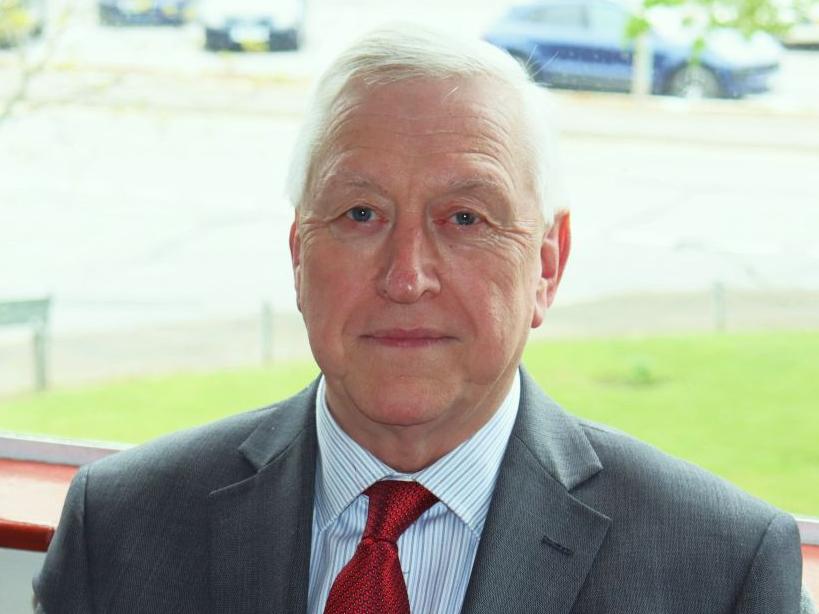Dieffenbacher LFT-D technology set to open up new opportunities

By increasing the flexibility and throughput of its LFT-D plants, Dieffenbacher says it is helping thermoplastic component manufacturers capitalise on increased demand for their products.
E-Mobility and the Circular Economy are two global trends boosting demand for thermoplastic processes and components made of thermoplastics. Fibre-reinforced thermoplastics offer the ideal properties for applications such as battery cases for electric vehicles. In addition, unlike thermosets, thermoplastic components can be produced from recycled materials such as production waste or product returns.
Thermoplastics are also ideally suited for the production of structural components with local reinforcements, for example, through so-called UD tapes (Tailored LFT-D). LFT-D technology is also used for formwork elements, floor panels and other components for the construction industry and logistics applications such as pallets or load carriers. The process is also used in the sports sector; the construction of racing boats is just one example.
To produce these and similar components economically on a large scale, Dieffenbacher has increased the flexibility and throughput of its LFT-D plants. This added flexibility allows the use of recycled polymers while also increasing plant performance.
Dieffenbacher LFT-D plants typically use a two-machine technology with two extruders whose parameters such as speed, temperature, etc. can be set independently of each other. In the first extruder, plastic and additives are melted and processed into a homogeneous mixture, while in the second extruder the glass fibres are retracted into the barrel, cut and impregnated with the polymer. This material-friendly separation of the process steps is essential for the production of high-quality components with long fibres. To make this conventional LFT-D technology more efficient and flexible, new and expanded Dieffenbacher lines have larger extruder pairs specially designed for the use of different thermoplastic materials.
Another benefit of the new LFT-D technology: in combination with other processes such as the Dieffenbacher Tailored-Blank technology, manufacturers can produce components with sophisticated mechanical properties. The patented plant technology enables the material-efficient and load-dependent use of UD tapes. Back-injection moulding in closed compression mould or hybrid solutions provide further possible combinations.
Whether as a new installation or as conversion of an existing plant, Dieffenbacher LFT-D technology creates new ways to profitably seize on the opportunities presented by E-Mobility, the Circular Economy and other global trends. Pure increases in performance, more flexibility in input material or a combination of both are among the advantages.









